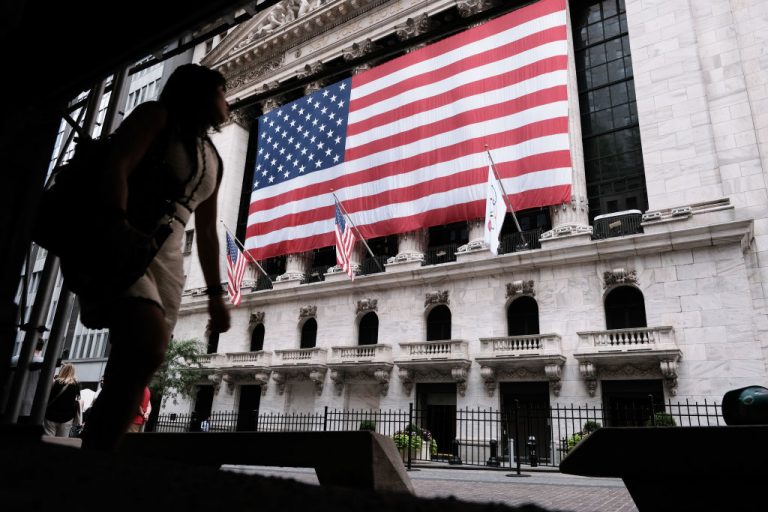Chinese firms have long secured funding from American capital markets without proper checks and balances. Such activities are heading towards their end as the U.S. implements new rules to hold foreign companies, raising capital from America, to a stricter standard.
In Dec. 2020, then-President Donald Trump signed into law the Holding Foreign Companies Accountable Act (HFCAA) that requires overseas firms trading securities in America to produce audit results for three consecutive years.
Failure to comply with the guideline will result in the foreign company being delisted from the securities exchanges. The U.S. Securities and Exchange Commission (SEC) is designing the rules around the law and will be determining how they are to be implemented.
The agency believes that Chinese companies might start being flagged by regulators beginning next year in the event that the firms do not submit their 2021 audits.
On Sept. 14, SEC Chairman, Gary Gensler, said that Chinese stocks that do not allow the United States to review their audit briefs for the past three years would be expelled from American stock markets starting in 2024.
Success
You are now signed up for our newsletter
Success
Check your email to complete sign up
On Sept. 22, the Public Company Accounting Oversight Board (PCAOB), a nonprofit corporation tasked with overseeing the audits of public companies, approved a new framework. Foreign companies not audited by American audit firms need to reveal more information to the PCAOB that will help the agency to implement the HFCAA. Once the SEC gives the green light, the framework will immediately become effective.
In an interview with the South China Morning Post (SCMP), Gabriel Wildau from the global business advisory firm Teneo stated that the new framework approved by the PCAOB does not have any loophole that would allow Chinese firms to avoid delisting in the case of noncompliance.
Though China’s State Council and the China Securities Regulatory Commission have shown signs that they want to negotiate on the matter, the Biden administration “does not seem inclined to accept this officer,” meaning that the issue would end up in a stalemate.
“Absent a bilateral resolution, I think we’re on a glide path towards mass delisting in 2024… To some extent, this disclosure issue has become a sideshow [because] many US politicians seem to believe that US investors shouldn‘t be funding Chinese companies no matter what,” Wildau said.
Among all international companies listed in American exchanges, only Chinese ones do not allow PCAOB to review their audit records, mostly by citing national security concerns. According to China’s Securities Law, domestic companies issuing securities are prohibited from submitting relevant documents abroad without gaining Beijing’s approval.
Out of 270 Chinese firms that have issued securities overseas, only 14 have offered audit working papers. As such, PCAOB’s new rule puts many Chinese companies listed in U.S. exchanges at risk of being delisted over the coming years.
“If China is determined to be a noncooperative jurisdiction, this will be worse for China than merely being deemed a jurisdiction that U.S. regulators cannot inspect. Since employing this more expansive rule, the PCAOB has greater flexibility to make such determinations even for an international firm that has an office in China but is headquartered elsewhere,” Blair Wang, an expert on cross-border transactions, regulation, and compliance, wrote in an article at The Diplomat.
Given the possibility of Chinese companies getting delisted from U.S. exchanges, some American investors have begun trading their American Depository Receipts (ADR) in Chinese firms for shares that trade on Hong Kong exchanges. An ADR is a certificate issued by a U.S. depositary bank that represents a specific number of shares of a foreign company’s stock.
In an interview with The Wall Street Journal, Wim-Hein Pals, head of the emerging markets equity team at Netherlands-based asset manager Robeco, revealed that he has swapped most of his Chinese ADRs for shares listed in Hong Kong. Such ADRs now only make up 1.5 percent of his $1.4 billion portfolio.
“We see liquidity moving gradually but consistently to Hong Kong over the next couple of years. More and more investors will go to the Hong Kong-listed names, and neglect their U.S.-listed shares,” Pals said.














